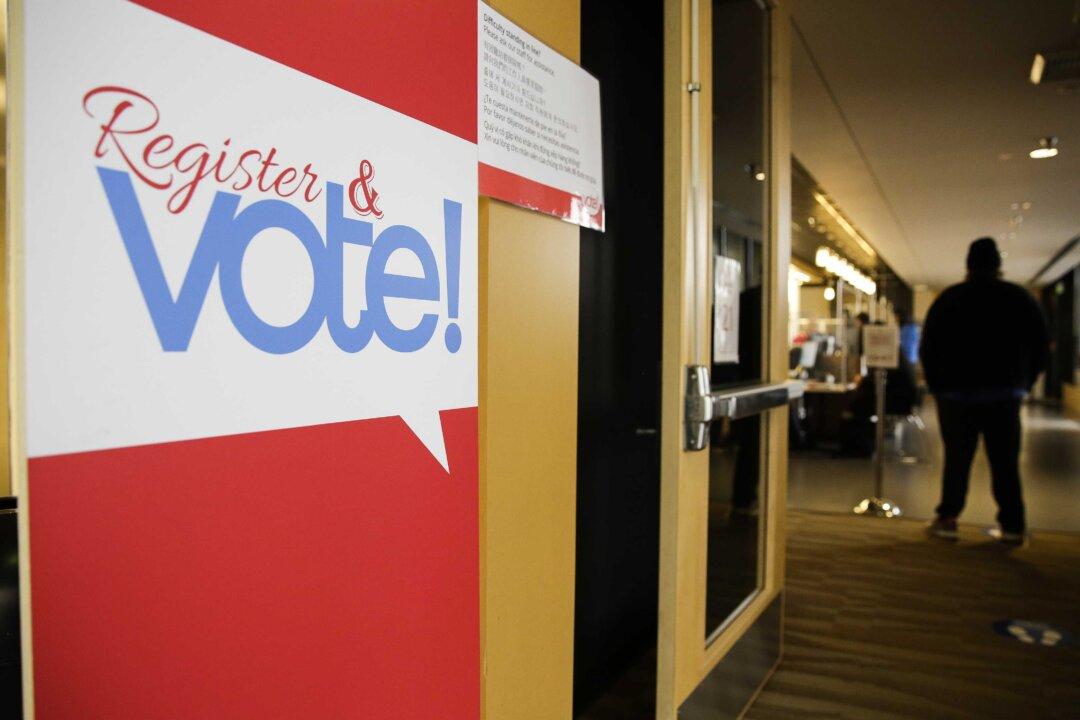For decades, local and state election officials cleaned their voter rolls to make sure the names of ineligible voters didn’t appear on the list of those who were approved to cast ballots: If you move out of the state, you can’t vote in your former state. There’s no voting for imprisoned felons, except in Maine, Vermont, and the District of Columbia. You aren’t eligible to vote after death.
Accurate voter lists help prevent fraudulent votes cast in the name of ineligible voters.





